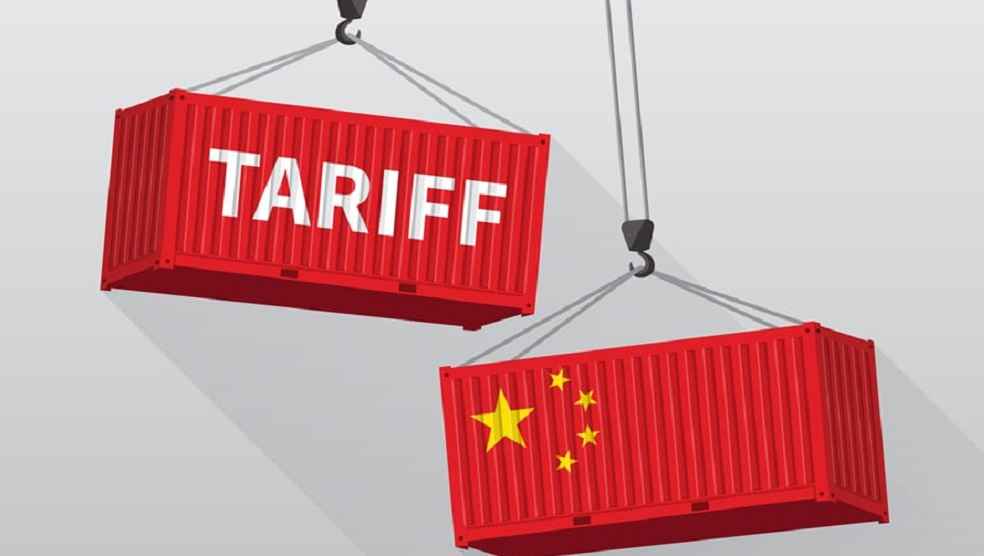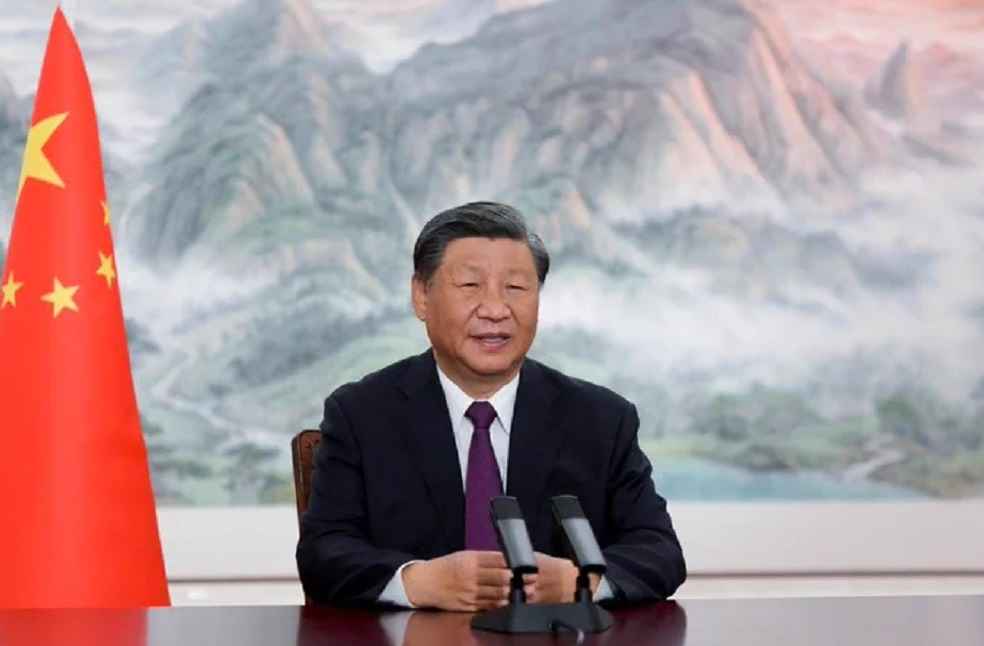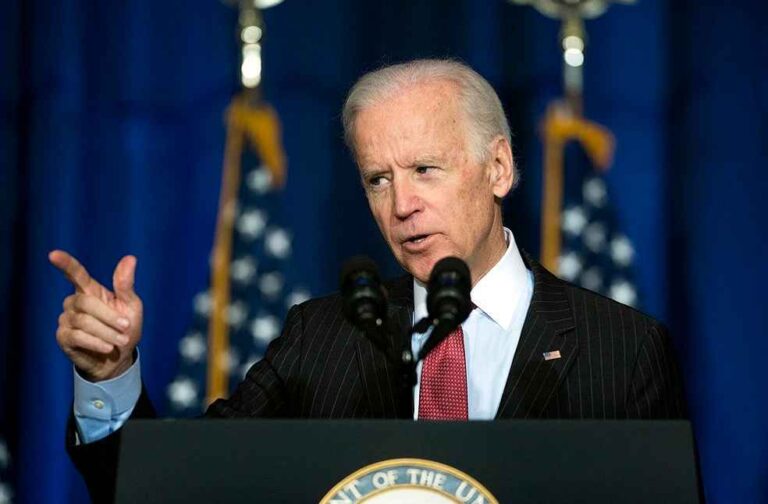President Joe Biden has enacted substantial tariffs on a broad spectrum of Chinese imports, including electric vehicles, solar cells, and medical equipment, significantly intensifying the trade conflict between the world’s premier economic powers. This strategy marks a pronounced shift from previous attempts at diplomatic reconciliation, propelling the U.S.-China economic relations into a state of heightened contention.
During a declaration at the White House Rose Garden, Biden unveiled these tariffs, which impact goods totaling $18 billion. Targeted sectors crucial to China’s export-driven economy, such as advanced batteries, steel, and aluminum, will face rigorous import charges. Biden articulated that these measures aim to rectify the competitive imbalances faced by American enterprises, attributed to extensive state-backed subsidies that Chinese firms enjoy, skewing international trade norms.

China promptly countered, with its Ministry of Commerce expressing stark opposition to the U.S. tariff adjustments and vowing to implement countermeasures to protect its trade interests. This rapid exchange emphasizes the fragile economic rapport between the U.S. and China.
Biden’s approach not only perpetuates certain tariffs set by Donald Trump but also significantly escalates them. Electric vehicle tariffs have seen a fourfold increase to surpass 100 percent, while semiconductor tariffs have risen to 50 percent. These adjustments are not merely economic tools but also serve as political statements, positioning Biden as a formidable contender against Trump in the forthcoming 2024 presidential showdown, where economic prowess and China policy are pivotal campaign themes.

While these tariffs serve strategic electoral and economic purposes, they could inadvertently elevate costs for American consumers and businesses, potentially undermining Biden’s ambitions to advance his climate agenda and strengthen domestic manufacturing sectors. These tariffs emerge during a politically charged atmosphere, with both Biden and Trump leveraging their China policies to fortify their electoral appeal.
Despite this tariff escalation, Biden has expressed his preference for competition over conflict, maintaining engagement with Chinese President Xi Jinping to soothe rising tensions. This approach reflects Biden’s dual strategy of aggressive economic posturing paired with cautious diplomatic dialogues.
Observers and policymakers will scrutinize the effects of these tariffs, as they bear significant implications for the future of international trade and global economic equilibrium.
GLOBAL EVENTS | G7 Summit to Tackle U.S. Tariffs, Russian Assets in Upcoming Italy Meeting



